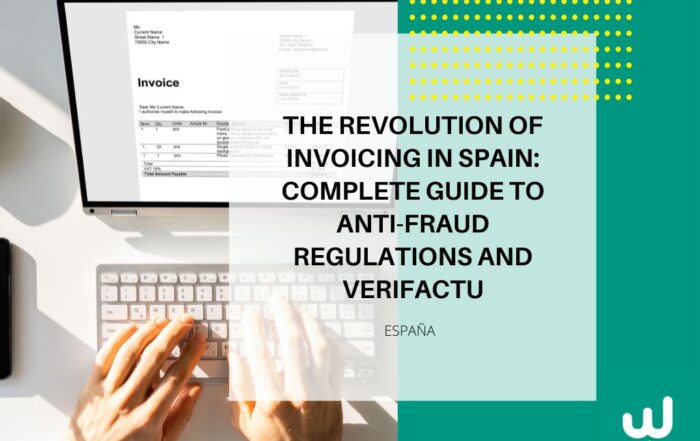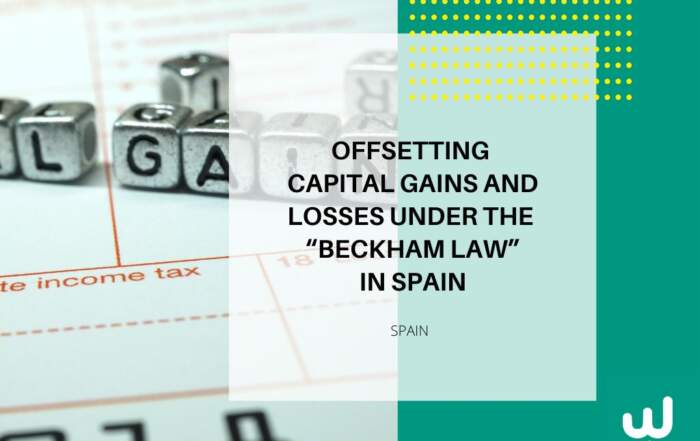Accountants in Spain would like to mention relevant information regarding mercantile aspects of a company in Spain.
All Spanish SL companies must comply with certain mercantile requirements on a yearly basis. The non-compliance will have negative consequences to the company and after one year without presenting the same by the entrepreneur the company can be blocked at the mercantile register and the registry will not allow any future changes being register until the situation has been regulated.

Accountancy Books in Spain.
The Spanish accountancy books are a set of documents that capture the financial information and the operations of a company during a determinate period. And, the company is required to legalize these books on a yearly basis at the mercantile Register where the company has its registered address.
The purpose of this requirement is to unable a company to manipulate the financial information at a latter date.
The deadline to submit the accountancy books in Spain at the corresponding mercantile register is four months which start counting after the accountancy closedown. In Spain the majority of companies have the yearend on the 31st of December, therefore the accountancy books must be deposited on or before the 30th of April of the following year.
From September 2013 the accountancy books have to be issued in an electronic format and presented digitally though the official register web page. No hard or paper copy will now be accepted.
Annual Accounts in Spain.
The annual accounts in Spain are a set of documents, balances and statements that allows checking the economical and financial reality of a firm. It can be divided on the following main parts:
- Balances – States the assets and rights of a company and the internal and external resources which finance these. Two balances are included one with the figures from the period and another from the previous period as this will allow the figures to be compared and check the evolution of the company.
- Profit & Loss Account – this presents the economical information of the company for the period. And, as with the Balances compares the same with the results from the previous period.
- Statement of changes of Net Assets – this provides information regarding the equity of the company and the changes that have taken place during the period such as the economical result for the period, changes in the capital due to operations during the period (capital increase, dividends …).
- Cash-Flow – provides information of the way the operations of the company are financed.
- Memory – complements the information provided on the previous points
Failure to present the annual accounts by the company may result in fines of up to 60.000 Euros set by the Institute of Accounting and Auditing.
The deadline for submitting the annual accounts in Spain runs up to one month after its approval at the Ordinary General Shareholder’s Meeting, held six months after the end of the fiscal year, therefore for most Spanish companies, whose fiscal year coincides with the natural year, the maximum term is until the 30th of July of the following year.
Obtain more information as our firm in Spain has a specific website about accountancy and tax.
Do you need legal advice about a property in Spain?
Welex has a team of professionals, composed, among others, of lawyers and economists, experts in the purchase and sale of real estate, both in the legal and fiscal sides of the transaction. Clarify your doubts, do not wait to ask for advice. Contact our offices without any commitment, we will be willing to help you.
Related posts
The Revolution of Invoicing in Spain: Complete Guide to Anti-Fraud Regulations and Verifactu
La digitalización está transformando radicalmente la forma de trabajar en España. Uno de los mayores avances se está produciendo en el ámbito de la facturación en España: la introducción de la nueva normativa antifraude y Verifactu. Estos cambios definirán la forma en que se generan, almacenan y comunican las facturas.
Offsetting capital gains and losses under the “Beckham Law” in Spain
At Welex, a law and economics firm in Marbella, we answer one of the most common questions among foreign taxpayers who pay taxes in Spain under the special tax regime for expatriate workers, better known as the "Beckham Law." The question is as follows: Can an individual resident in Spain under this regime offset capital gains with capital losses on their income tax (IRPF) return?
Everything you need to know about the Bechkam Law in Spain 2025
The Beckham Law in Spain is formally known as a special tax regime designed for workers, professionals, entrepreneurs, and investors who move to Spanish territory. Despite its informal name, it offers a highly advantageous tax option for both foreigners and Spaniards returning after living abroad.
Income Tax 2024 in Spain: Complete guide for residents and non-residents
The 2024 Income Tax campaign began in April, and at Welex, a law and economics firm based in Marbella, we offer you a detailed guide to help you comply with your tax obligations in Spain, whether you are a tax resident or not. In this article, we explain the key dates, the main obligations, and how we can assist you in filing your return correctly.








Social Media